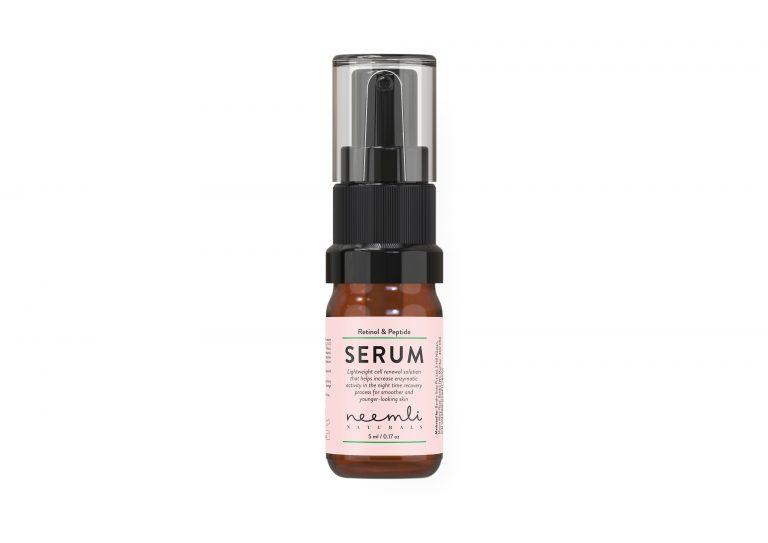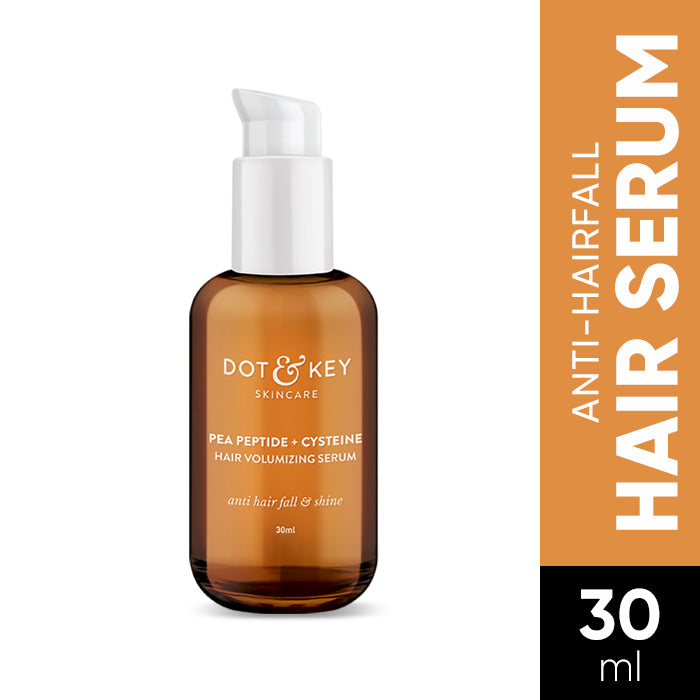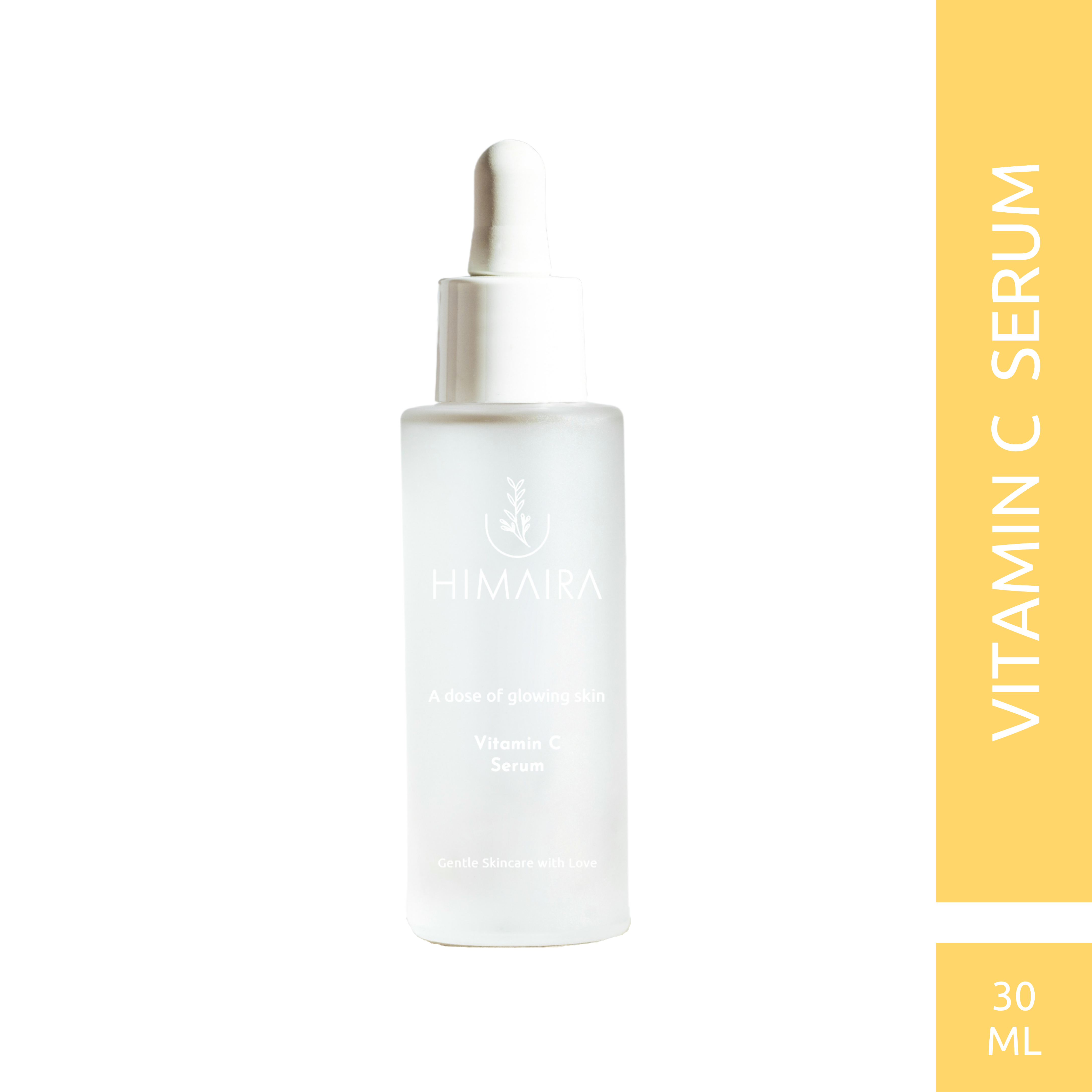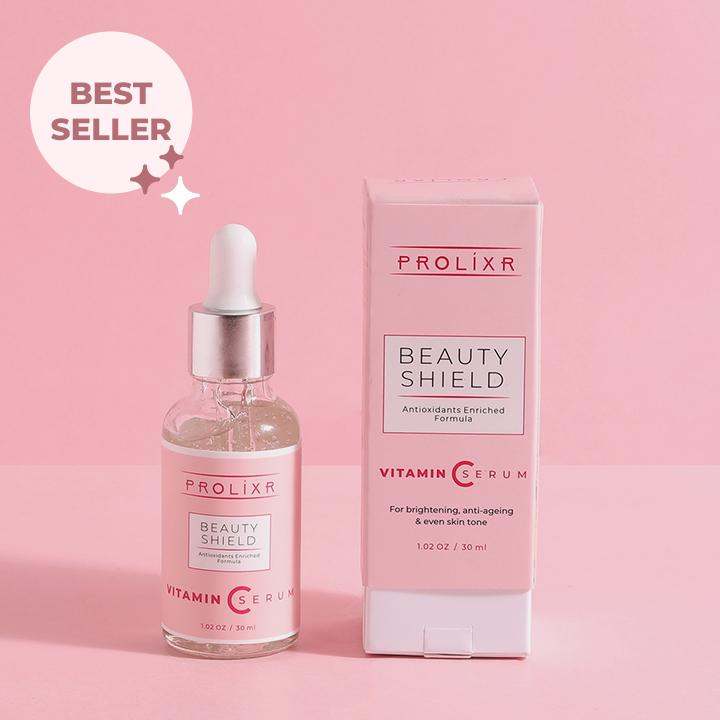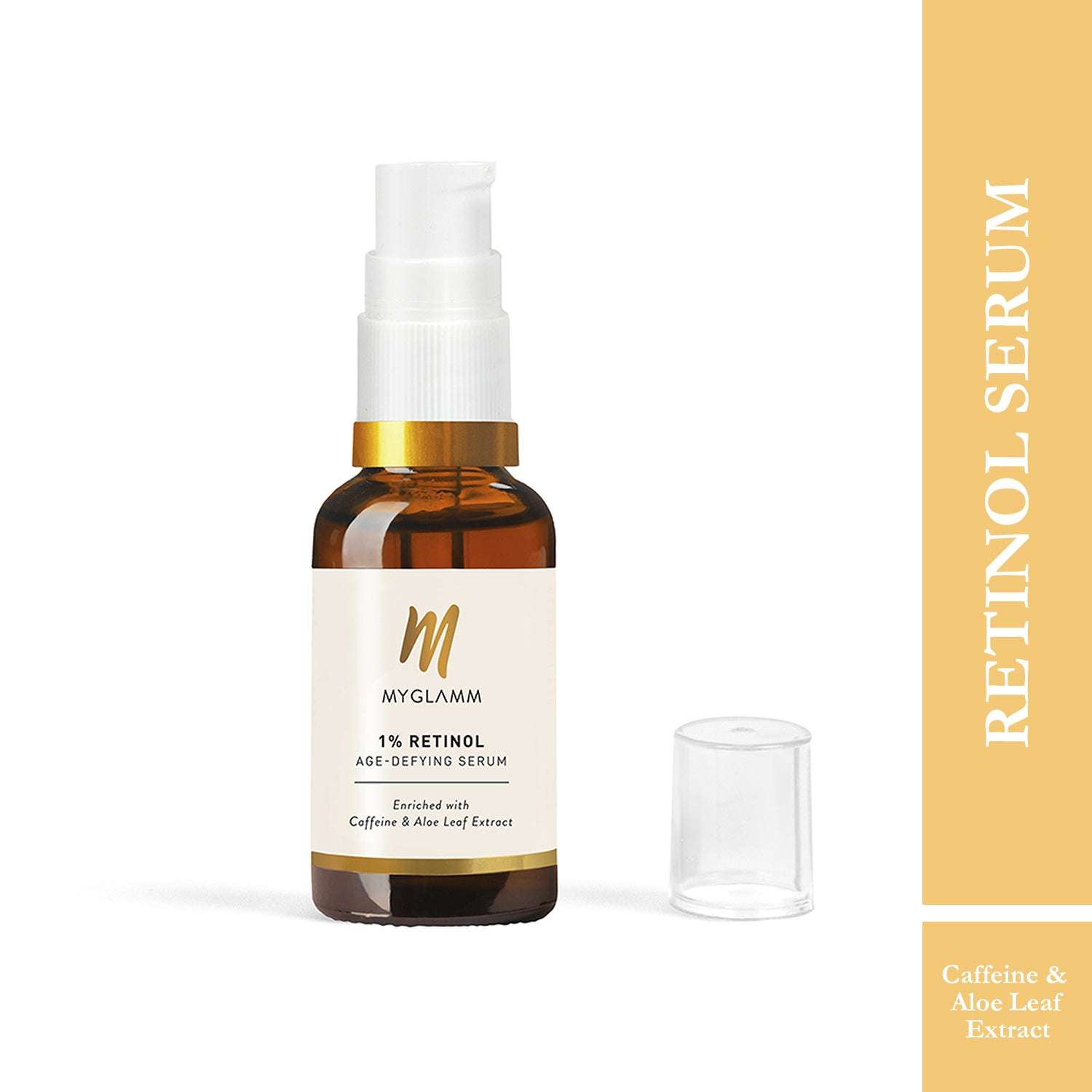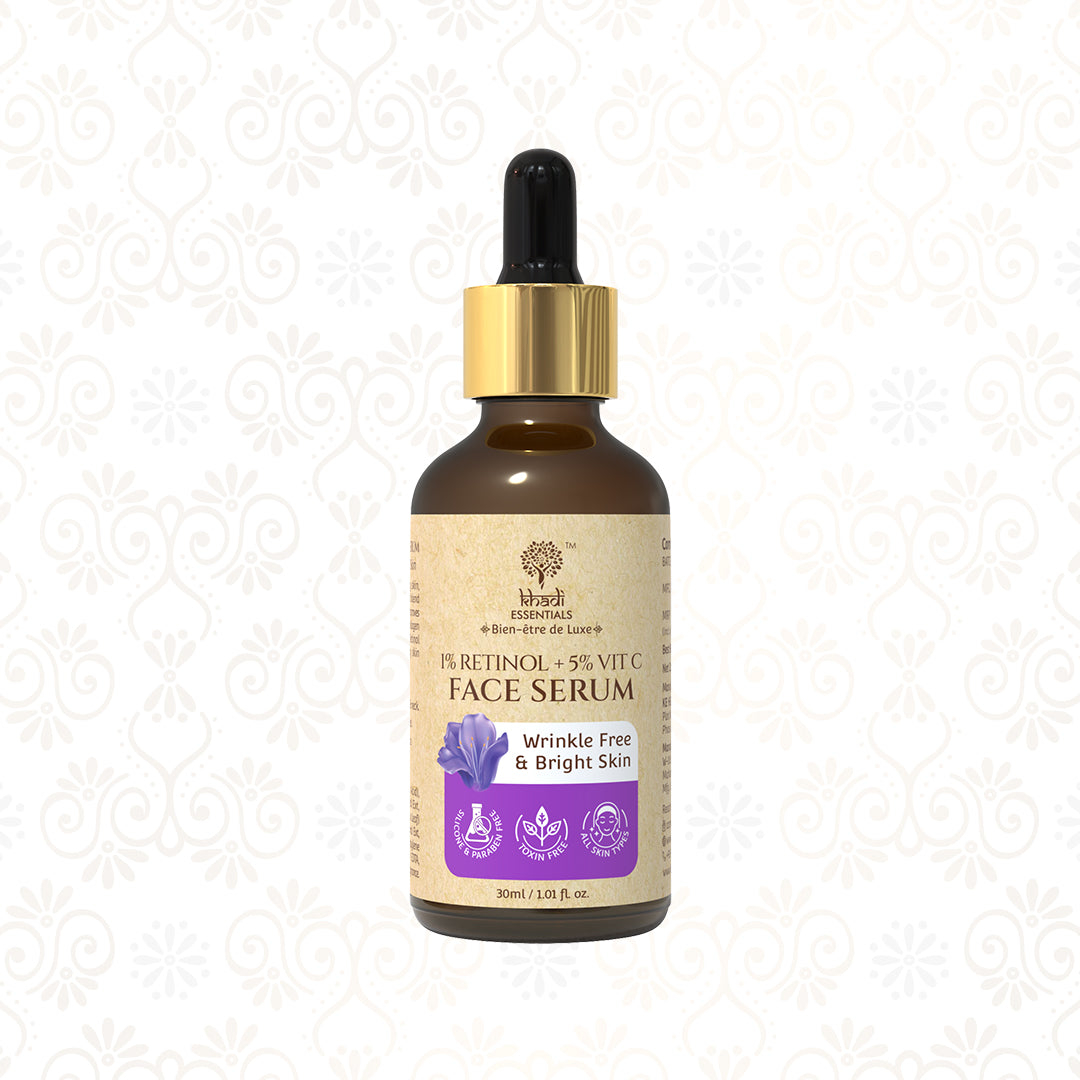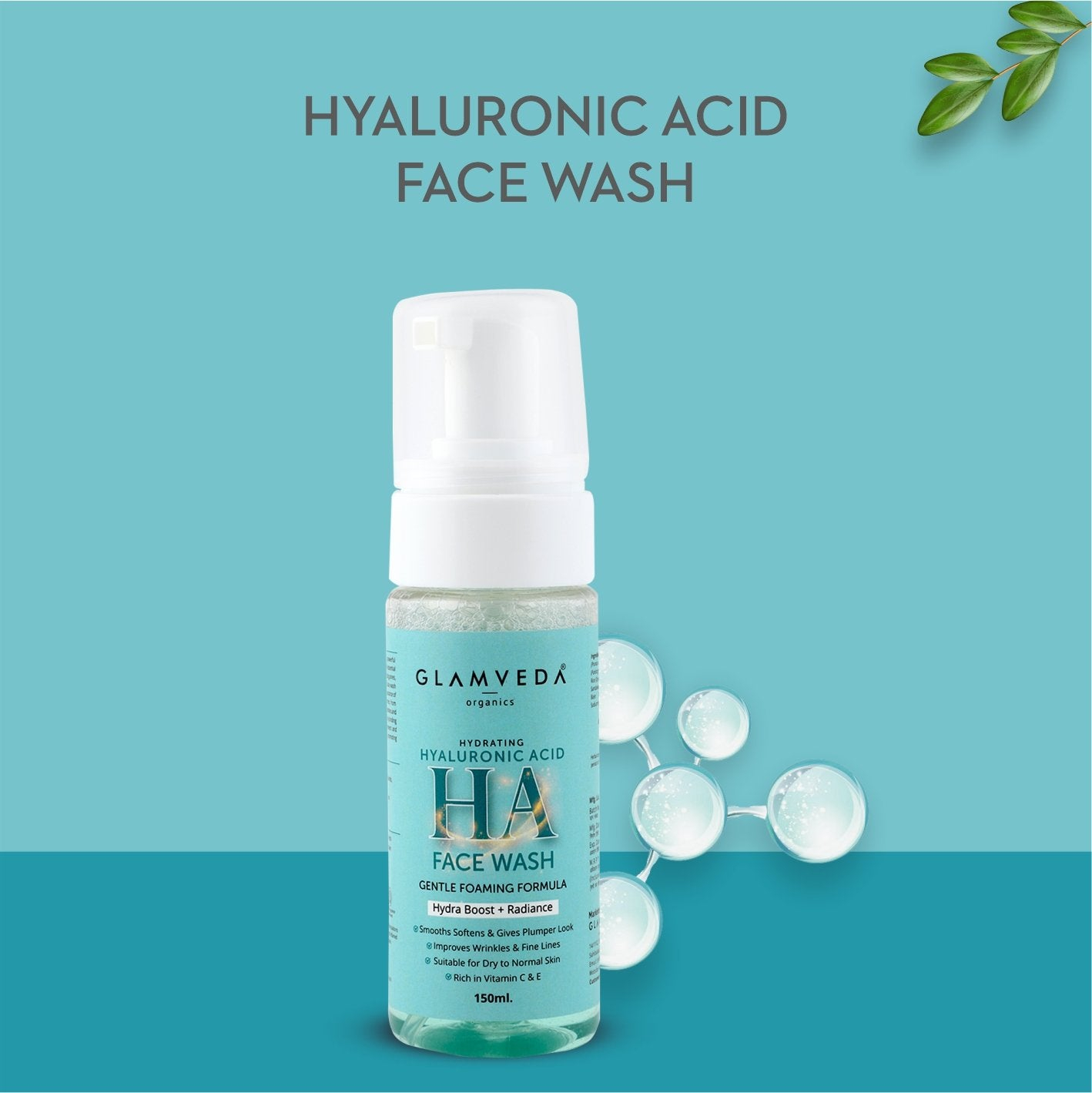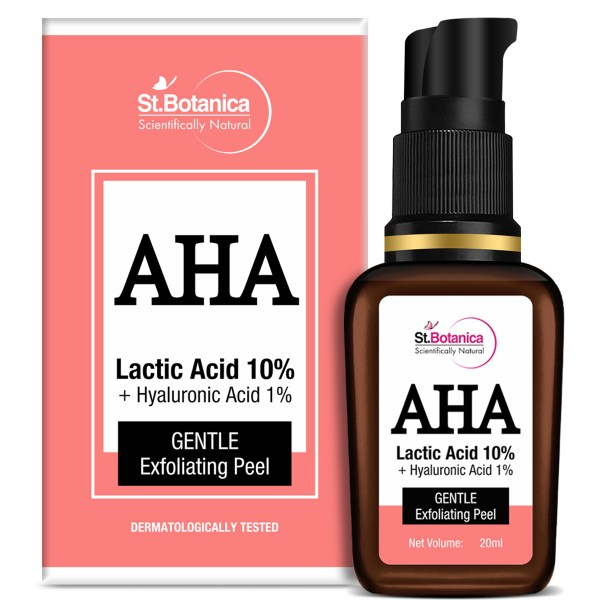As we age, the quest for youthful, radiant skin becomes a priority for many. In the realm of skincare, the development of anti-ageing products is a testament to the advances in skincare science. These products are formulated with specific ingredients designed to target the signs of ageing and promote a more youthful complexion. This blog will highlight the science behind anti-ageing products, focusing on key ingredients like collagen boosters, retinol, and hyaluronic acid.
Understanding the Aging Process: A Scientific Perspective
The Role of Collagen: Skin’s Support Structure
Collagen is a crucial protein that provides skin structure, elasticity, and resilience. As we age, collagen production naturally slows down, developing fine lines, wrinkles, and sagging skin. To counteract this process, anti-ageing products often incorporate ingredients that stimulate collagen production, helping to restore the skin’s firmness and elasticity.
Collagen Boosters: Reversing the Clock
Peptides: Building Blocks of Collagen
Peptides are short chains of amino acids, the building blocks of proteins, including collagen. When applied topically, peptides signal the skin to produce more collagen, aiding in the repair and rejuvenation of the skin’s structure. This leads to a smoother, more youthful complexion.
Vitamin C: A Powerful Collagen Booster
Vitamin C is a potent antioxidant that is pivotal in collagen synthesis. It helps to protect existing collagen from damage and supports the production of new collagen fibres. Additionally, Vitamin C brightens the skin, evens skin tone, and diminishes the appearance of dark spots—all contributing to a more youthful complexion.
Retinol: The Gold Standard in Anti-Aging
How Retinol Works Its Magic
Retinol, a derivative of Vitamin A, is renowned for its powerful anti-ageing properties. When applied to the skin, retinol encourages cell turnover, which promotes the shedding of old, damaged skin cells and stimulates the production of new, healthy cells. This process leads to smoother, more youthful-looking skin.
Collagen Synthesis: Retinol’s Secret Weapon
Retinol also plays a crucial role in collagen synthesis. Encouraging the production of collagen fibres helps maintain skin elasticity and reduce the appearance of fine lines and wrinkles. Additionally, retinol aids in the prevention of collagen breakdown, preserving the skin’s youthful structure.
Hyaluronic Acid: The Ultimate Hydration Hero
The Hydration Connection
Hyaluronic acid is a naturally occurring substance in the skin that acts as a humectant, attracting and retaining moisture. This hydration powerhouse can hold up to 1,000 times its weight in water, making it a key ingredient in anti-ageing products. By maintaining optimal skin hydration, hyaluronic acid helps plump and smooth the skin, reducing the appearance of fine lines and wrinkles.
Collagen Protection: Hyaluronic Acid’s Supportive Role
In addition to its hydrating properties, hyaluronic acid also plays a supportive role in collagen protection. Providing a moisture-rich environment helps safeguard collagen fibres from damage and premature ageing.
Choosing the Right Anti-Aging Products: A Personalized Approach
Consider Your Skin Type and Concerns
Different skin types have unique needs; the same applies to anti-ageing products. When selecting products, consider skin sensitivity, dryness, or concerns like fine lines or age spots. Consulting with a dermatologist can provide personalised recommendations tailored to your skin’s requirements.
Patience and Consistency are Key
Anti-ageing products work gradually, and visible results may take time. Be patient and consistent with your skincare routine to experience the full benefits of these potent ingredients.
The science behind anti-ageing products is a testament to the remarkable strides made in skincare science. By understanding the role of collagen boosters like peptides and Vitamin C, retinol’s transformative power, and hyaluronic acid’s hydrating benefits, you can make informed choices for a more youthful complexion. Remember, the journey to ageless skin is personal—embrace it with patience, consistency, and the confidence from taking care of your skin.
